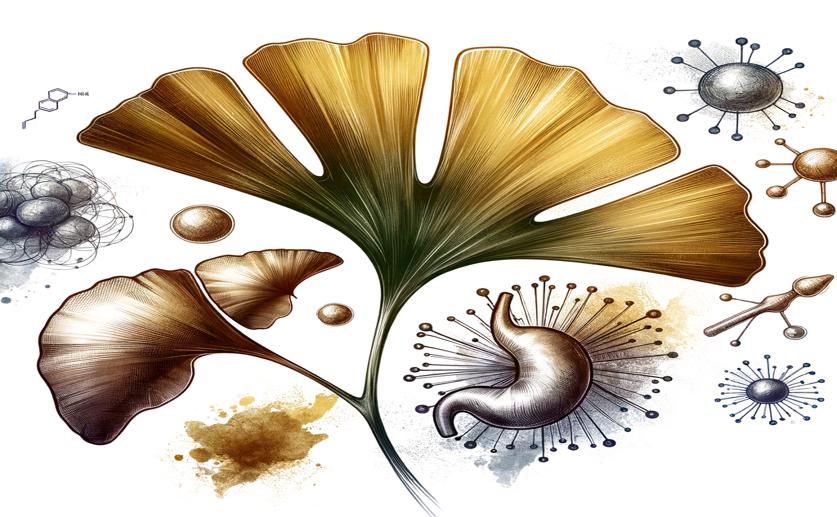
Ginkgo Extracts Can Harm Liver by Disrupting Cell Cycle and Immune Response
Jenn Hoskins
2nd June, 2024

Image Source: Natural Science News, 2024
Key Findings
- Researchers at Nanjing Forestry University studied how ginkgolic acids (GA) from Ginkgo biloba cause liver injury in mice
- GA increased liver damage markers, oxidative stress, and triglycerides, indicating liver fibrosis and steatosis
- GA caused liver cell death and immune response changes, including increased inflammatory cells and disrupted liver cell function
References
Main Study
1) Ginkgolic acids induce liver injury in mice through cell cycle arrest and immune stress under specific condition.
Published 30th May, 2024
https://doi.org/10.1016/j.toxicon.2024.107788
Related Studies
2) Ginkgolic acids induce neuronal death and activate protein phosphatase type-2C.
Journal: European journal of pharmacology, Issue: Vol 430, Issue 1, Oct 2001
3) Evaluation of the cytotoxic and mutagenic potential of three ginkgolic acids.



 29th May, 2024 | Jim Crocker
29th May, 2024 | Jim Crocker